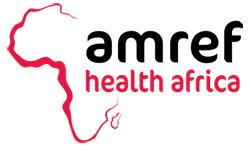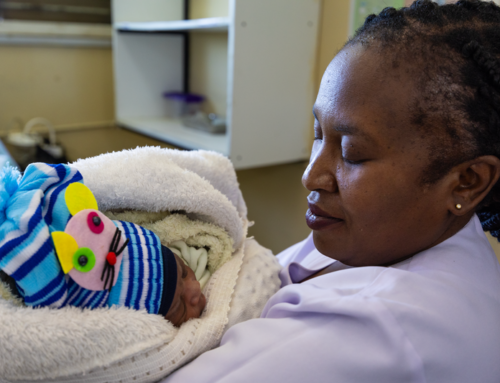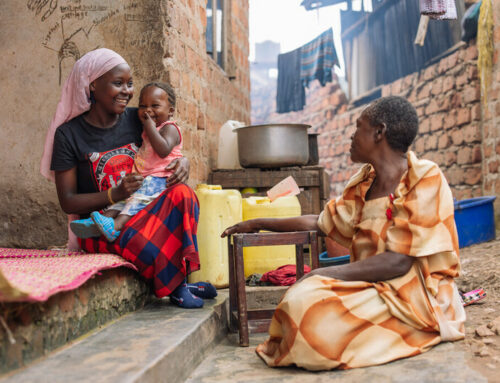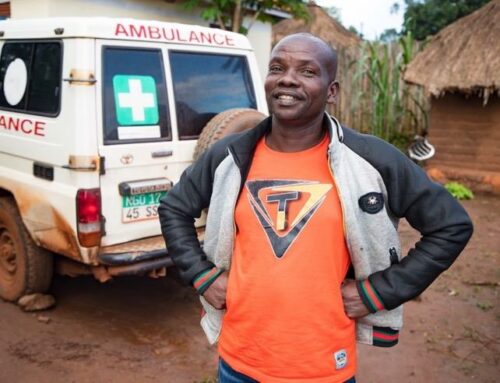Field Updates
You may have met Josephine by reading Hope & Baby Blessing’s Story! Allow us to reintroduce her from her perspective!
Meet Josephine, a Community Health Worker/Midwife!
Story by Wesley Koskei
Josephine is a Community Health Worker (CHW) from Chifubu in the Zambian city of Ndola, with a loving heart for the people and eyes that light up when she speaks. She’s been a backbone to her area by providing primary health care to her community, particularly pre- and post-natal mothers. She helps address health status inequities by supporting and encouraging stigmatized mothers to access maternal health services. Many young mothers often feel alone during pregnancy, and CHWs like Josephine also offer psychosocial support while walking them through what to expect and look out for during this journey.
When we met her at the local health center, Josephine was addressing a group of pregnant and breastfeeding moms about reproductive health. “My favorite part of my job is to see that a mother doesn’t die with a pregnancy,” she tells us. Though pregnancy-related topics are sensitive in her culture, her friendly delivery, wrapped in laughter and assertiveness, brings the message home to these women.
Josephine lives in a low-income settlement just outside of the city. Her community is greatly affected by poverty and repeated cases of communicable diseases that heavily impact mothers and children under five. Stigma and lack of information are some of the factors affecting mothers’ access to health services. Some mothers delay going to a prenatal appointment and opt to go just before their delivery date. Unfortunately, this has often resulted in emergencies that catch mothers and their families off guard.
Josephine recalls a night three years ago when a pregnant mother had an emergency. “I was ashamed as a woman when I arrived,” she says. A mom delivered a baby in an outdoor pit latrine, and no one was helping. “The baby was just on the floor of the toilet,” she recalls, still visibly pained by the experience. “I felt bad because many people were there.” Armed with the skills she was trained on and a torch to supply light to the area, she helped the mom in what she described as moments of shame, despair, and vulnerability. “I held the baby and put it on the mother’s tummy, as I had been taught,” she states and rallied people to get a car to rush mom and baby to the hospital. “The baby is now three years [old].”
Amref trained 1,300 community health workers, including Josephine, in Respective Maternal Care through the Closing the Gap project. They learned how to provide health education and behavior change motivation, including ways to support mothers to adhere to health recommendations. This is especially useful for pregnant mothers who may sometimes delay making critical decisions that could affect their health and that of their unborn child. She was also shown how to provide essential services like screening and noticing initial danger signs early in pregnancy. “I have a blood pressure machine that I use in the community,” she says. High blood pressure is among the leading causes of birth emergencies like preeclampsia or overbleeding during childbirth.
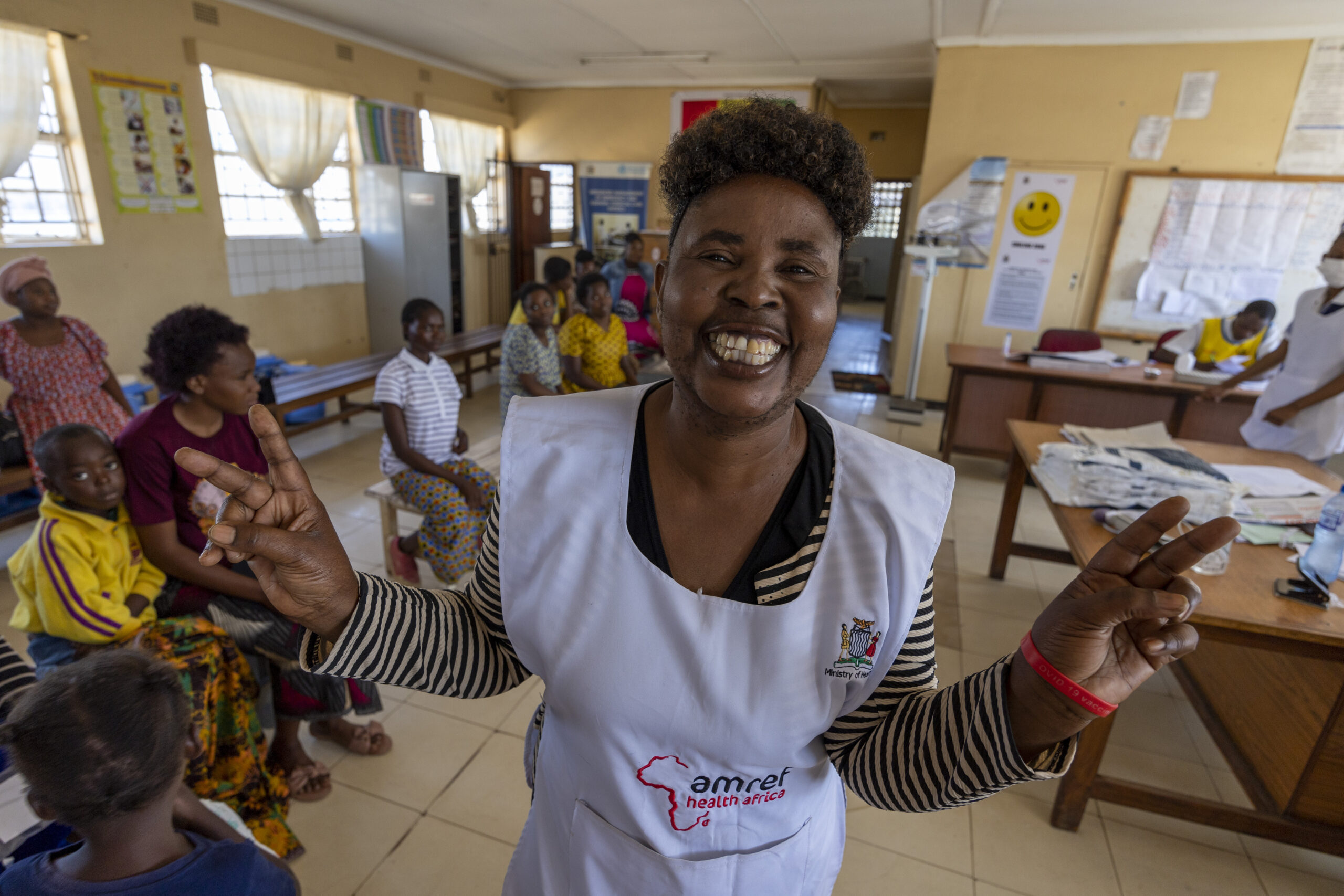
Photo of Josephine at the clinic she serves! Photo Credit: David Brazier
We know that a trained birth attendant or a midwife can significantly reduce preventable pregnancy deaths. As a pillar in her community, Josephine’s unavailability could be the difference between life and death. When the community needs love, reassurance, care, and access to health services, they know they can count on her. But there is a great need for more Josephines! “People have grown in numbers, and it’s important that we have more community health workers like me.”
Amref trains midwives and community health workers to address the critical gap in pre- and post-natal care. In Zambia, we are offering:
- Refresher training on identifying complications
- Refresher training on the emergency response at the labor ward.
- Training on neonatal handling
- Customer care support (also known as The Smile Campaign)
- And for the Josephines, incorporating respective maternal care as part of healthcare worker training.
We have a global shortage of nearly a million midwives worldwide, with more than half representing the shortage in Africa. That’s why we’re here! Training more healthcare workers, midwives, and nurses to close this critical healthcare gap!
